The New South Wales government has introduced new testing measures and increased fines for returned international travellers who breach new Omicron isolation rules, hours after Scott Morrison urged premiers to “not get spooked” by the new variant.
On Tuesday evening, as NSW Health confirmed the Omicron strain had been detected in a fifth returned traveller in the state, the premier, Dominic Perrottet, announced fines for breaching the 72-hour home isolation requirement, introduced in response to the variant, would rise to $5,000, up from $1,000.
Additionally, all returned travellers – who are already required to get a negative PCR test in order to finish their three-day home quarantine – will now also be required to get an additional PCR test six days after arriving in the state and three days after finishing their isolation.
The bolstered precautions, which come into effect from Wednesday, are on top of the harsher measures already in place for travellers from eight African countries of concern. Anyone who has visited those countries in the 14 days prior to entering NSW must enter two weeks of hotel quarantine, with the requirement also in place in Victoria and the Australian Capital Territory.
Earlier on Tuesday, the prime minister met with premiers and territory chief ministers at a national cabinet meeting. In addition to NSW’s five cases of the Omicron variant, the Northern Territory also confirmed a case on Monday.
Australia’s chief medical officer, Prof Paul Kelly, briefed national cabinet that the country was “in the early stages of understanding the Omicron variant” which could be more transmissible.
Kelly advised the meeting there was “insufficient evidence” that vaccines and treatments were less effective against Omicron than other variants, and no evidence at this stage that Omicron was a more severe disease”, according to a statement issued by Morrison’s office.
The statement said the NSW, the ACT and Victoria would continue to require 72 hours of home isolation for all international arrivals, with 14 days quarantine in place for travellers returning from southern African countries.
“National cabinet noted that on the basis of advice provided by the chief medical officer, there was no immediate need to change current settings,” the statement said.
“National cabinet agreed that the commonwealth and state and territory governments will continue to pursue a suppression strategy, noting the objective is to limit the rate of Omicron incursions into Australia, rather than eliminate it at the border.”
Earlier, Morrison said the Australian government’s decision to postpone reopening Australia to international students and skilled workers was just a “prudent and temporary” measure so health authorities could gather information about Omicron.
He said he hoped Omicron would “prove to be a more moderate form of the virus”.
“We’re not going back to lockdowns, none of us want that. None of us want to go back to those long quarantines and all of those sorts of issues, and the way you protect against that, what we did last night, was protecting against that by having a sensible pause.”
The prime minister said the pause would allow the country to “move forward into Christmas with confidence”.
Morrison, who is facing an election by May next year and has campaigned for months on the national reopening plan, added: “I look forward to everybody coming together for Christmas and New Year’s and the summer holidays.”
Asked whether he would be telling the premiers at national cabinet to hold their nerves and stick to their reopening plans so that the internal borders would open by Christmas, Morrison replied: “Yes.”
He said: “We need to make calm decisions, not get spooked by this.”
Over the weekend, the federal government announced it was banning international entry to anyone who had been in South Africa, Namibia, Zimbabwe, Botswana, Lesotho, Eswatini, Malawi and Mozambique in the past 14 days, unless they were a citizen or permanent resident of Australia or their immediate family.
The government followed that up with a decision on Monday night to shift the date for reopening Australia to international skilled workers and students, as well as humanitarian, working holidaymaker and provisional family visa holders, from 1 December to 15 December.
The national security committee also delayed the reopening to travellers from Japan and South Korea to 15 December.
Morrison said the decision would not prevent 250 students arriving in Sydney next week in “a pilot program”.
He left open the possibility the 15 December date might be brought forward again, if health experts formed a view Omicron was less severe.
“Indeed if the information allows us to bring that forward again, great, tremendous, because in Australia, we’re moving forward,” Morrison said.
“We’re not going back when it comes to this virus. We’re going to keep moving forward into Christmas and into 2022 and we’re going to open safely and we’re going to stay safely open.”
Morrison later told parliament he wanted to maintain momentum for opening up.
In question time, Labor confronted Morrison over comments by the home affairs minister, Karen Andrews, that purpose-built quarantine facilities were “very limited in their capacity” and that hotel quarantine had worked “very effectively”.
Asked whether there had been almost 30 breaches of hotel quarantine that had led to lockdowns and border closures, Morrison sought to attack Labor as “having a bet each way on the pandemic response”.
Labor’s health spokesperson, Mark Butler, told parliament Morrison had failed to establish a single new purpose-built quarantine facility, despite expert advice to do so.
Also on Tuesday, a worker at a Melbourne Covid-19 testing site was hit by a car while helping people queue at the site. The man in his 50s was taken to hospital, and the driver, who initially fled the scene, was being questioned by police.
Meanwhile, the Tasmanian government announced that anyone who had been overseas since 28 November – except for visiting New Zealand’s south island – would not be allowed to enter the state. Anyone who has been overseas in the 14 days before 28 November will need to gain approval to enter as an essential traveller.
NSW Health on Tuesday confirmed that another overseas traveller had been infected with the Omicron variant of concern, bringing the number of confirmed cases in that state to five.
The traveller had been in southern Africa and arrived in Sydney on flight QR908 from Doha to Sydney on 25 November and travelled by car to the Central Coast, according to a NSW Health statement.
The person is now isolating at home on the Central Coast, but “a number of venues were visited by the traveller in Sydney and on the Central Coast before NSW Health directed travellers from southern Africa to go into isolation”.
More than 92% of people aged 16 and over have had at least one dose of a Covid-19 vaccine, while 87% of that age group are fully vaccinated, according to latest nation-wide figures on Monday.









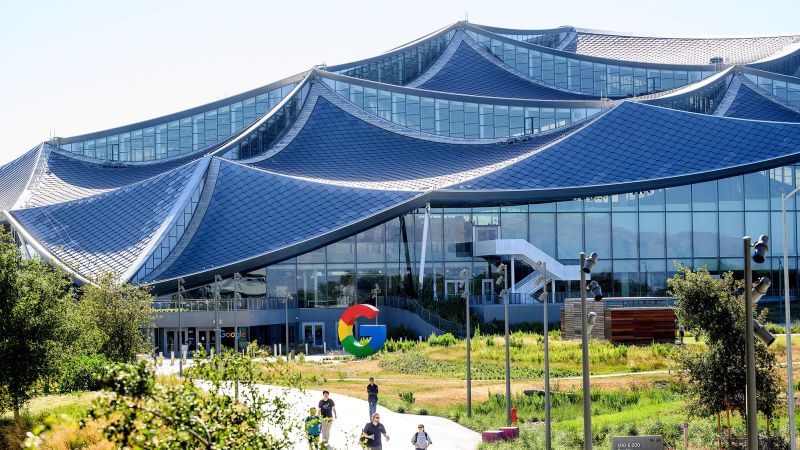
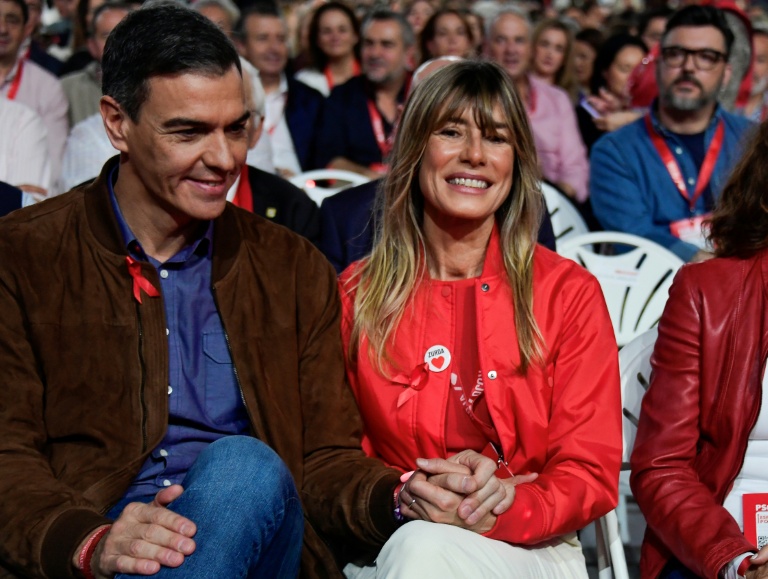

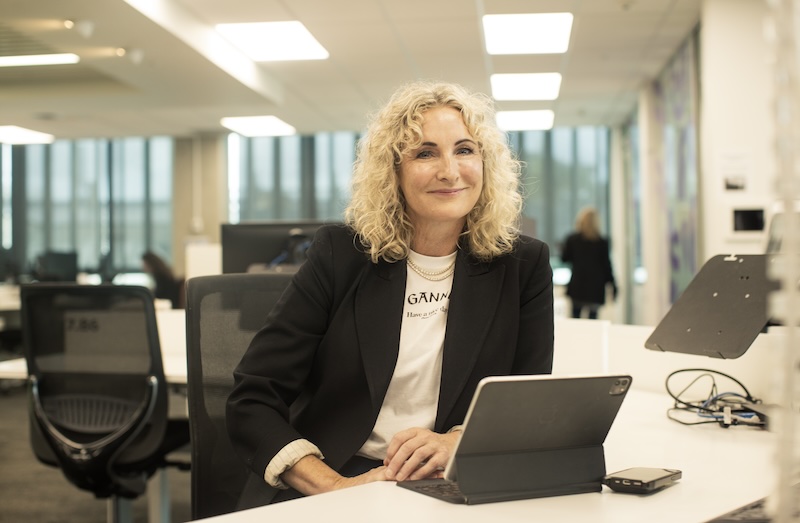

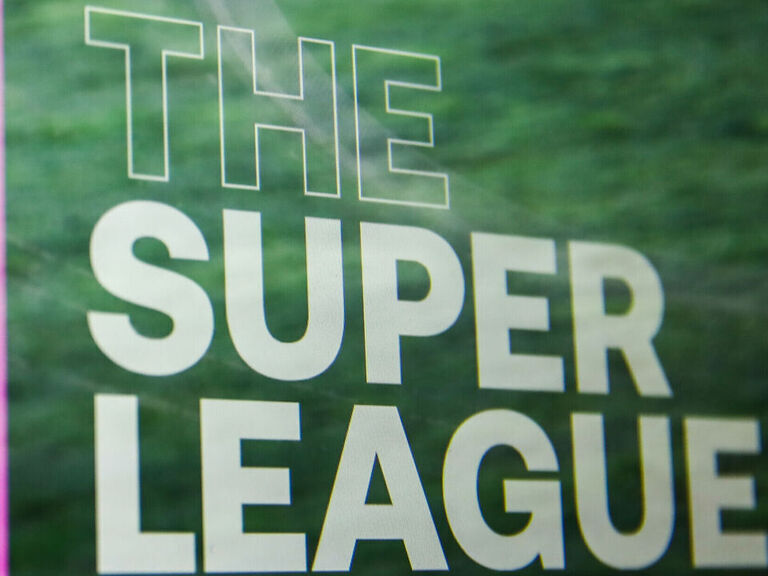

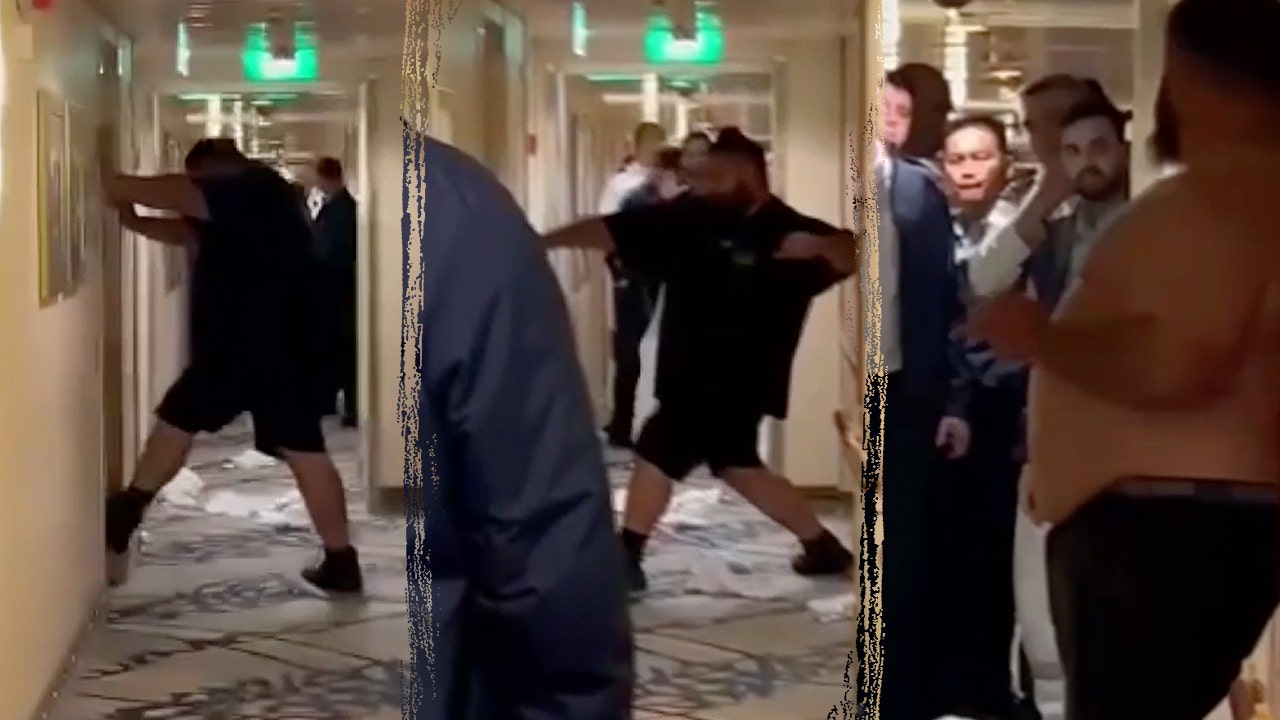
/https://tf-cmsv2-smithsonianmag-media.s3.amazonaws.com/filer_public/09/b6/09b60007-939d-45c0-85a2-c95dc6f9d447/oldestanimals_web.jpg)

Discussion about this post